Kolkata
is a colourful city in terms of everything and Bengalis just need one
reason or another to celebrate. This fact of the region is and has been
being glorified in various aspects of the print and cinematic media. The
festive fervour is perhaps one of the many things that highlight
Kolkata, making it a place one of its kind. The beautiful township is
known for its many festivals which keep its residents busy throughout
the year. The entire atmosphere is painted completely different during
the festivals and there is a lot of commotion and rush all around.
There are a plethora of festivals that take place throughout the year,
like Durga Puja, Kali Puja, Saraswati Puja etc. There are also a lot of
lesser known ones which are popular in the Bengal region and which
assume different forms in different regions of the country and we will
try to make you aware of those. So here we go on with the list of
Bengali festivals or rather the festivals of Kolkata that take place
throughout the year:
1. Saraswati Puja (Usually in the months of January or February)
Perhaps
one of the unique celebrations of Kolkata is the day celebrating the
Homecoming of the Hindu Goddess of Learning, Goddess Saraswati. This is
usually celebrated on the fifth day of Hindu month of Magha, known as
Vasant Panchami in Northern parts of the country and Saraswati Puja in
West Bengal predominately. This day is dedicated to the Goddess as a day
when all the study related things should have an auspicious beginning.
In Kolkata people consider this day to be very fortunate for their
children to start writing for the first time. This day is also marked by
small girls wearing colourful saris and going out on the streets to
visit the richly decorated pandals of Goddess Saraswati.
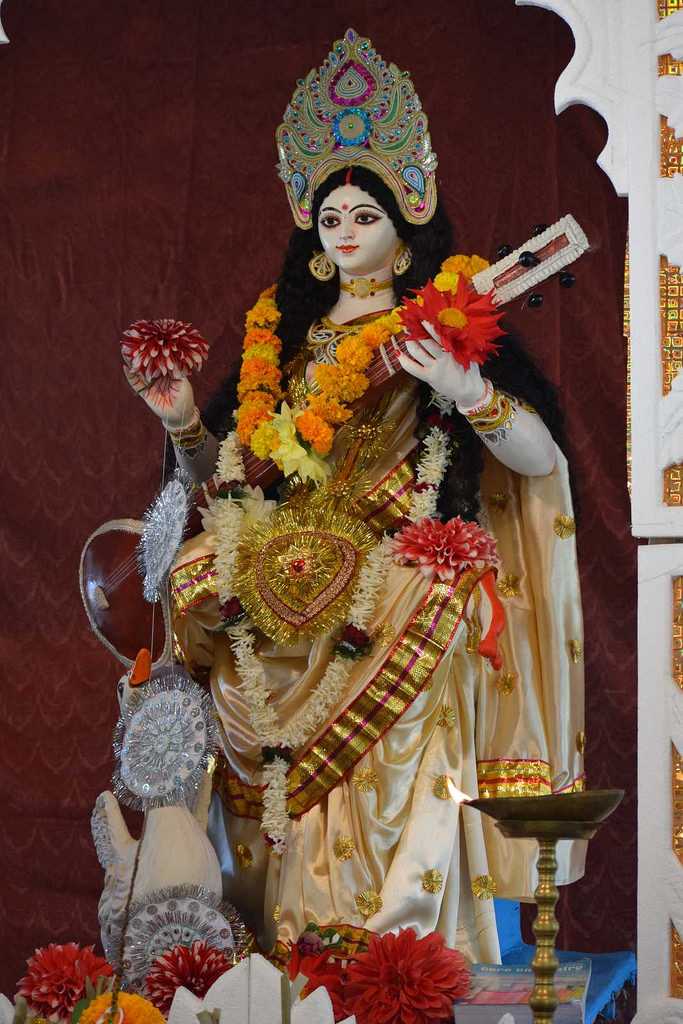
2. Basanti Durga Puja (spring season- mostly during March)
Although
the more known celebration of the Homecoming of Goddess Durga is during
the month of September- October, scriptures have it that originally the
Puja was performed in the spring season. This form of worship of
Goddess Durga was the only time that the Goddess was called upon the
earth but nowadays the ?Shardiya Durga Puja ? has become more famous.
But the Basanti Durga Puja is still very famous in the Kolkata region.
Considering it to be a miniature Durga Puja, the city comes alive with
the sound of conch shells and brightly lit pandals with extensively
decorated idols of the Goddess and people wearing colourful attires and
dancing to the beat of ?dhakis?.
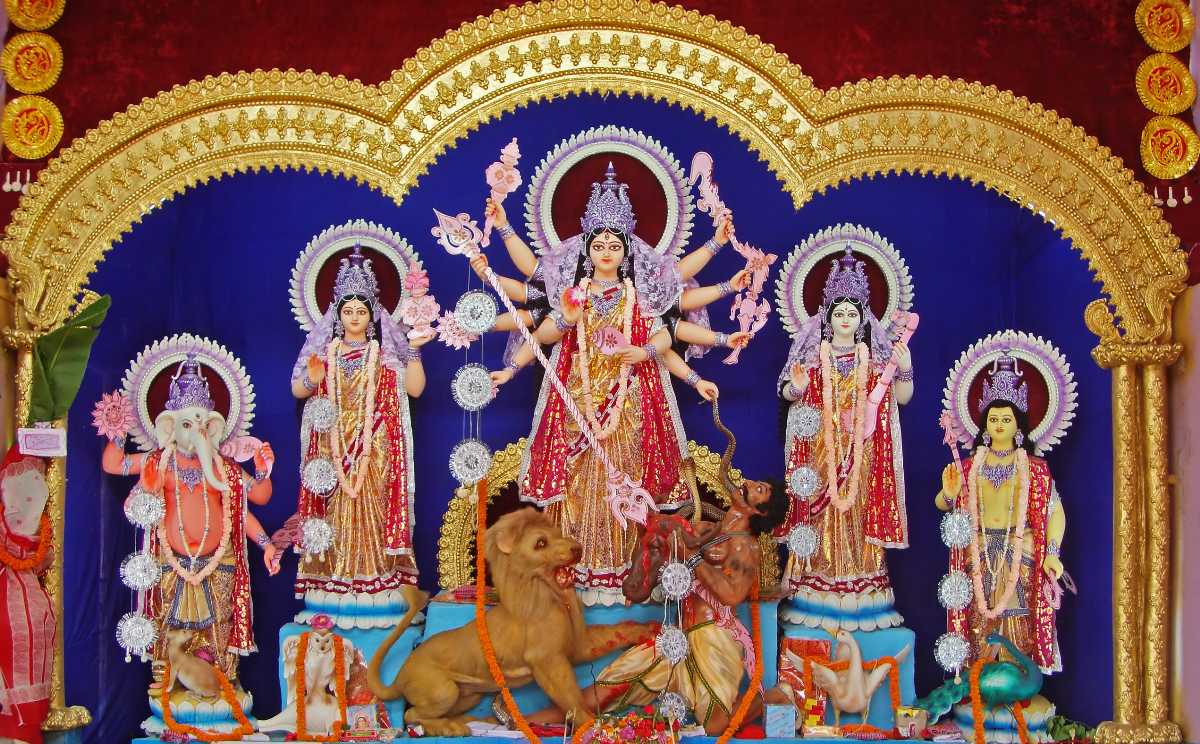
3. Poila Boishakh (usually on the 14th or 15th of April)
Poila
Boishakh or the first day of Baisakh is the first day of a Bengali
calendar year. The day is often known as Bengali New Year. This day
marks the beginning of a new year for a Bengali household and thus calls
for a celebration. People make extensive preparations for this day,
buying new clothes, preparing extensive dishes at home and most
importantly offering prayers to Gods and Goddesses. This day is very
special for the Bengalis. On this day the traders start their new
accounting books, the ceremony is commonly known as ?Hal Khata?.
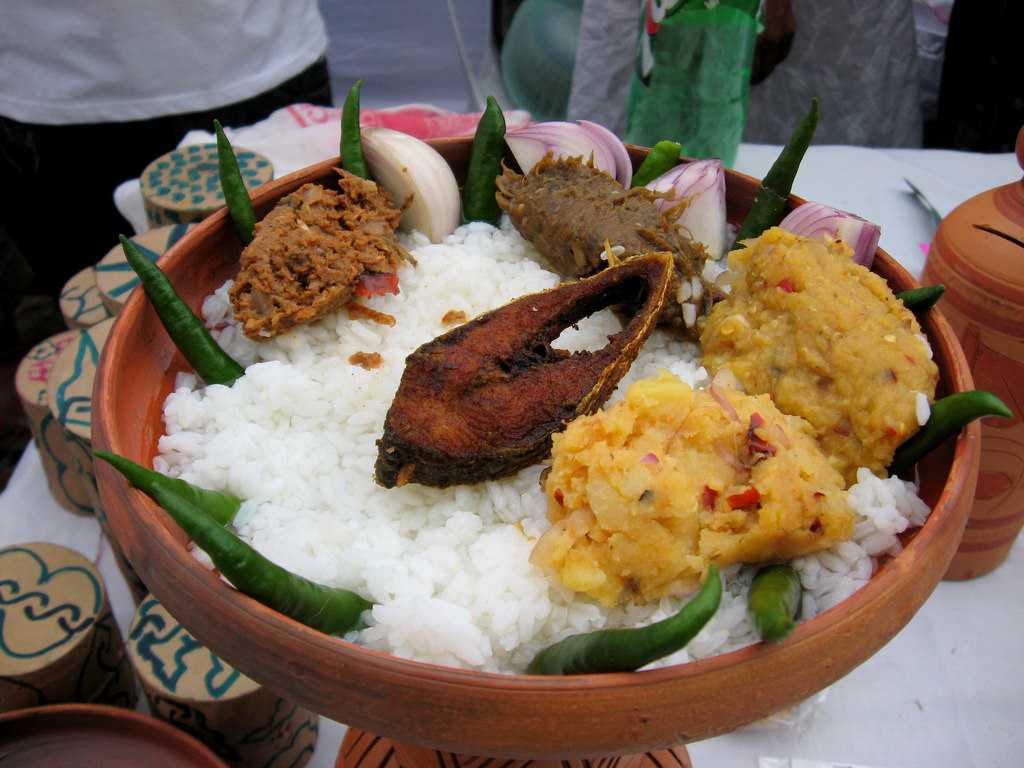
4. Jamai Shoshti (usually in the months of May or June)
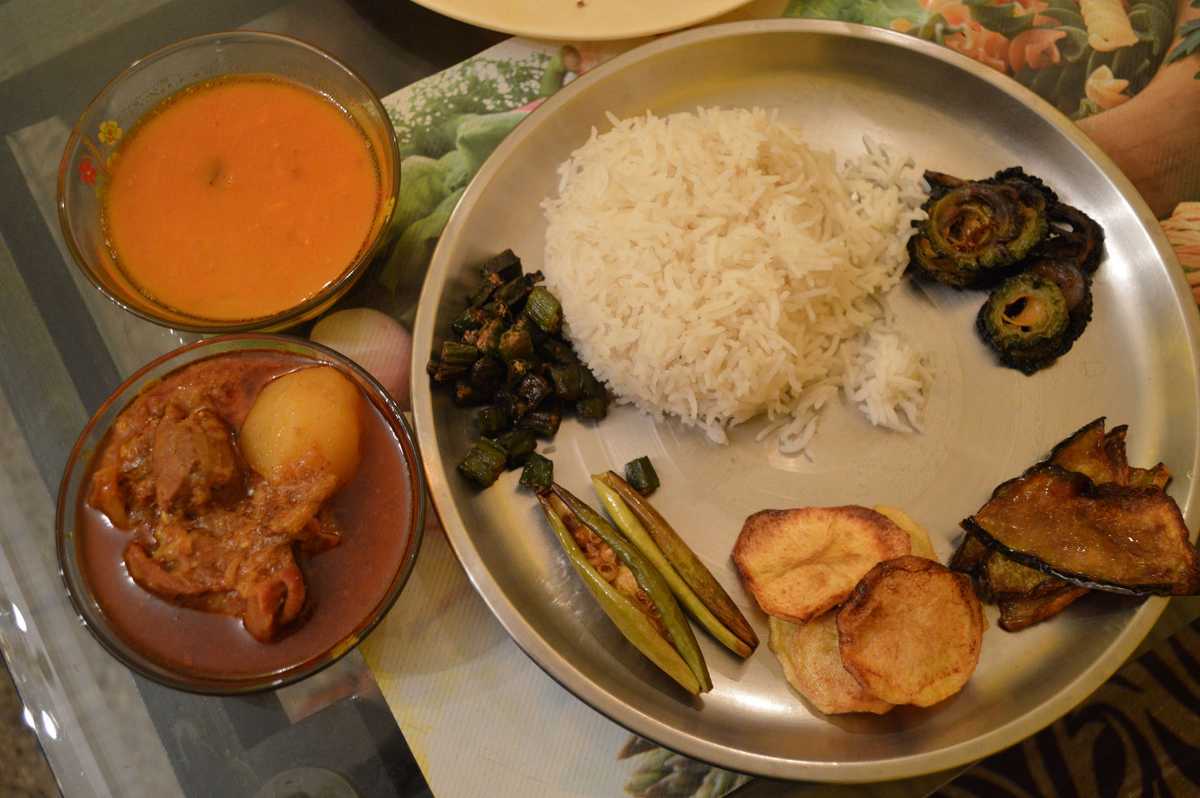
This
beautiful commemoration celebrates the complicated but underrated
relationship between a mother in law and her son in law. This is a day to
bring the warmth back in the relationships and proves to be yet another
reason to celebrate the blessing that is life. On this special day, the
son in law visits his in-laws home where a grand party is organized for
him, containing people from the household or more acquaintances as they
want to mark the occasion. The mother in law cooks extensive and
mouth-watering dishes for her son in law and no celebration in the
Bengali household can be complete without food. The day is also marked
with giving gifts to the son in law from his in-laws too and also being
blessed by them with having a long and prosperous life ahead.
5. Durga Puja (September to October)
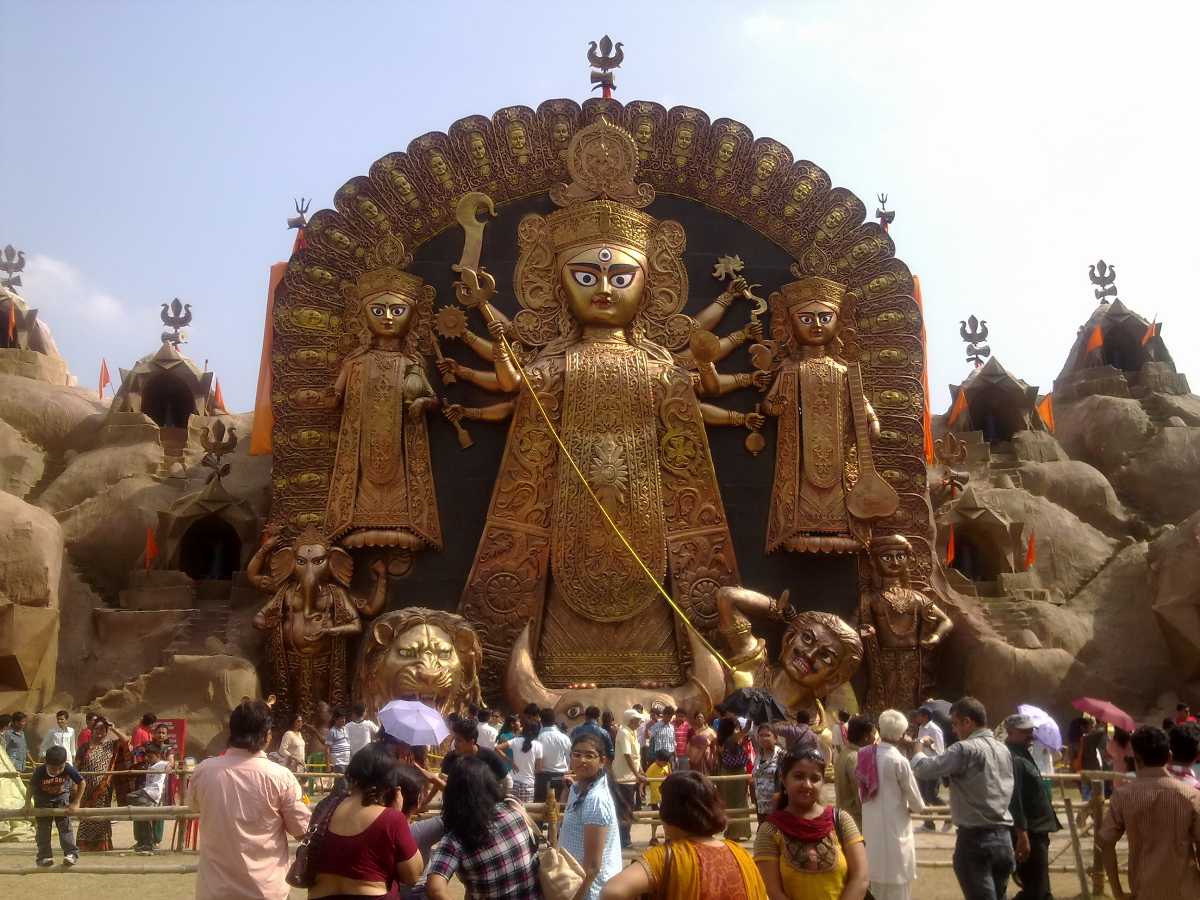
Perhaps one of the grandest festivals of the state, Durga Puja of Kolkata is famous worldwide for the huge celebrations and the faith that comes with the victory of Good over Evil. The festival is a massive celebration in the name of Goddess Durga who defeated the shape-shifting demon Mahisasura after a ten-day battle. The day is known as Vijay Dashmi. The celebrations are truly on a different level altogether with roads being ten times more crowded than the usual (mind you the usual crowd there is unusually large!)with people going out for their last minute shopping sessions and for sightseeing the extensive pandals that flock the city. The city sure has some of the best artistically made pandals which draw attention from all around the world. The city loses itself during the 10 days of celebration.
6. Lakshmi Puja (a week after Vijay Dashmi)
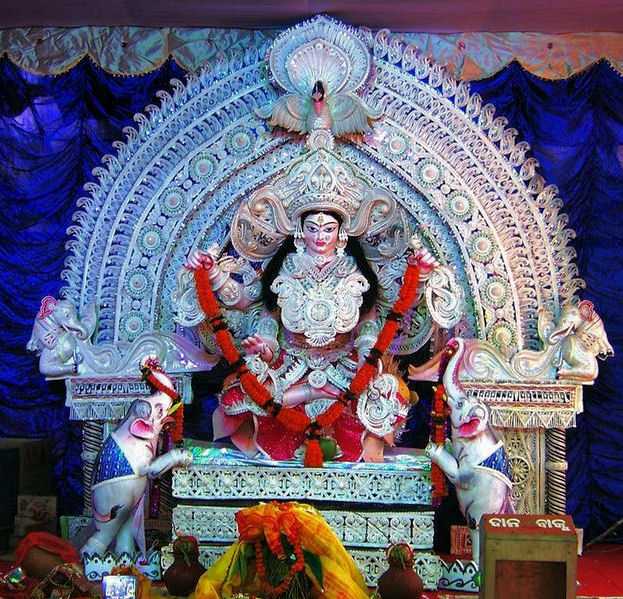
Lakshmi
Puja is the celebration of the homecoming for the Hindu Goddess of
wealth and prosperity, Goddess Lakshmi. The festival is entirely
restricted to the Bengalis since Hindus apart from Bengalis do this Puja
during Diwali- the festival of lights. This is usually done at home by a
priest or by own and offerings are made to Goddess Lakshmi and prayers
are made to bring wealth and prosperity to their homes.
7. Kali Puja (late October or November)
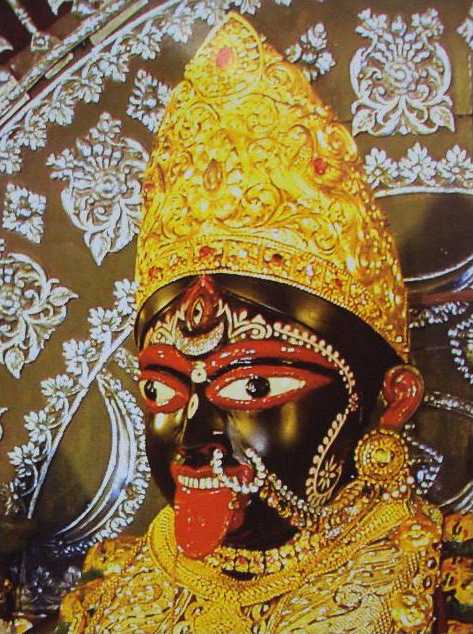
Celebrated
nearly twenty days after Durga Puja this festival is perhaps the other
largest festival of Kolkata apart from Durga Puja. Celebrated in the
honour of Goddess Kali, this festival is marked by chanting mantras
during nighttime which goes up till dawn. The Deity is adorned with
garlands of hibiscuses and offered sweets, rice and lentils although
animal sacrifices are also made at a few places, now has been greatly
reduced. The festival is celebrated when the rest of the country
celebrates Diwali- the festival of lights.
8. Bhai Phota (Around November)
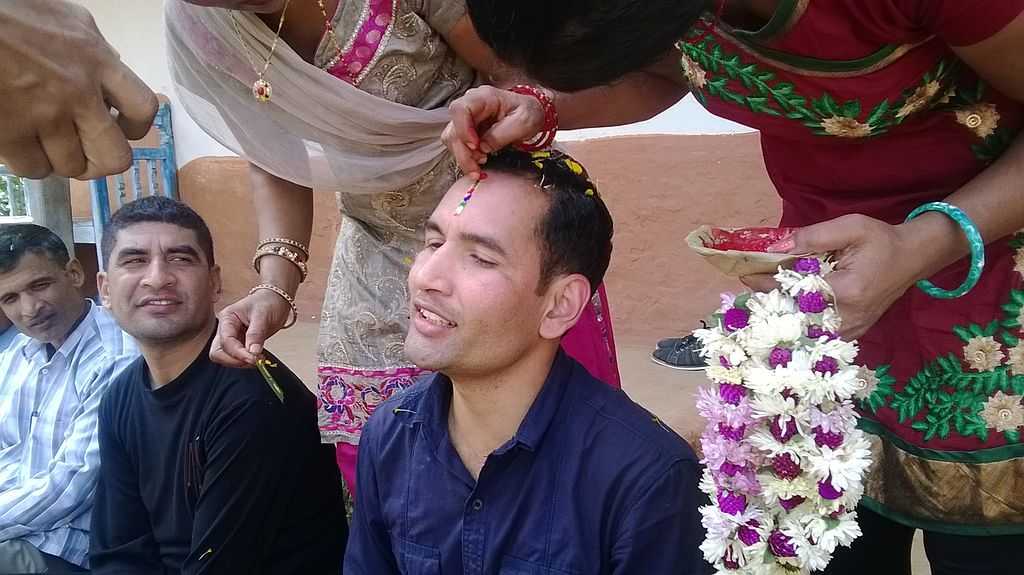
This
festival is celebrated in Kolkata as a substitute for the Hindu Raksha
Bandhan although it is somewhat different. In this, the sister puts a
?tika? on the forehead of her brother while muttering incantations and
then feeds him sweets. The sister prays for the long life of her brother
and also that he finds the strength to fight wrongdoings. This is the
Bengali version of celebration cherishes the bond between a brother and
sister.
These
are some of the festivals which Kolkata is really famous for and these
help in realizing the importance and significance of festivals in a
Bengali household. Kolkata is full of life and gusto. The mere numbers
of celebrations that take place throughout the year are a mere testament
to the everlasting and undying spirit of the people around here. It is
indeed a remarkable place to be in!
www.visionoflove92.blogspot.com
www.visionoflove92.blogspot.com
No comments:
Post a Comment